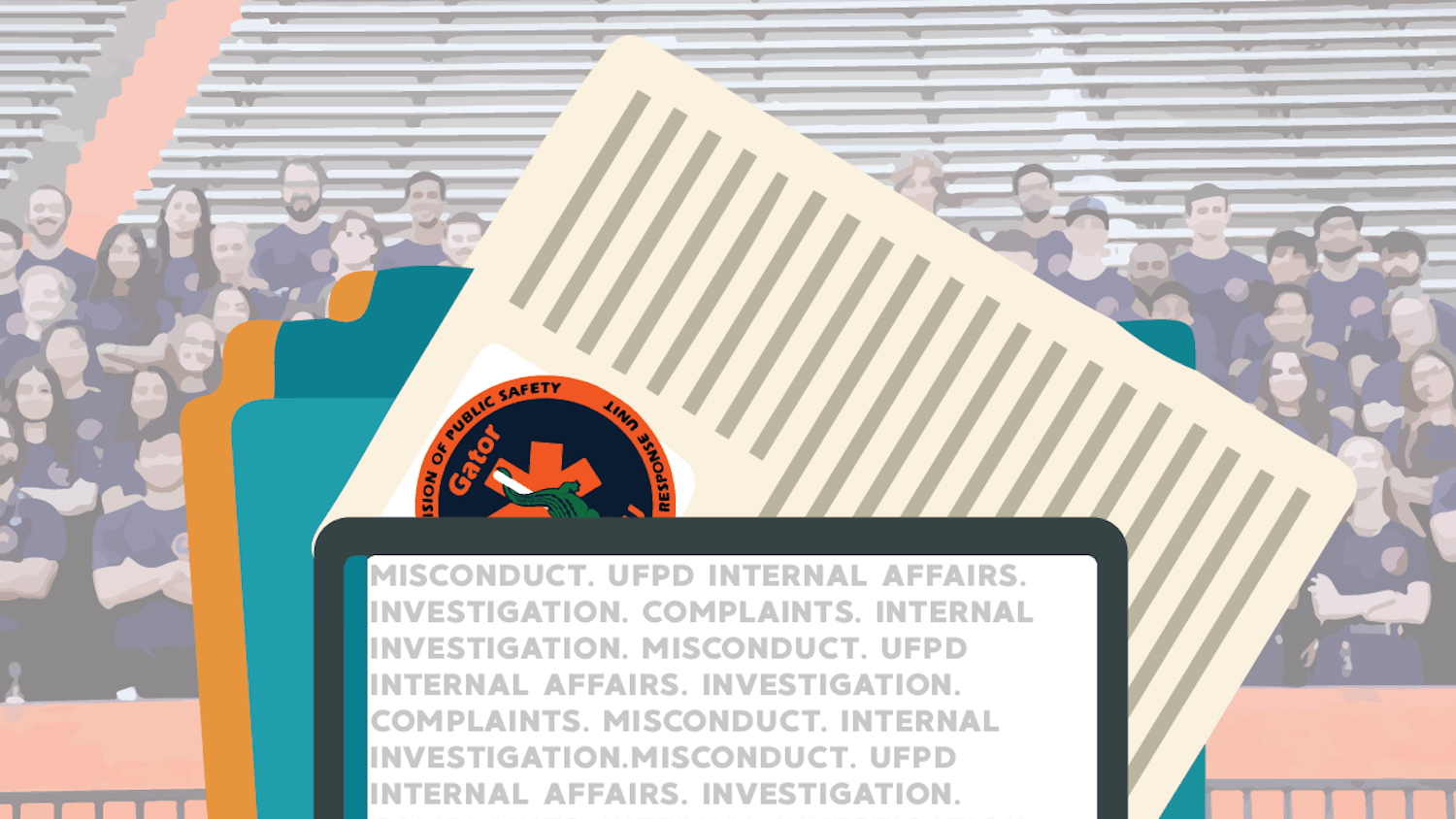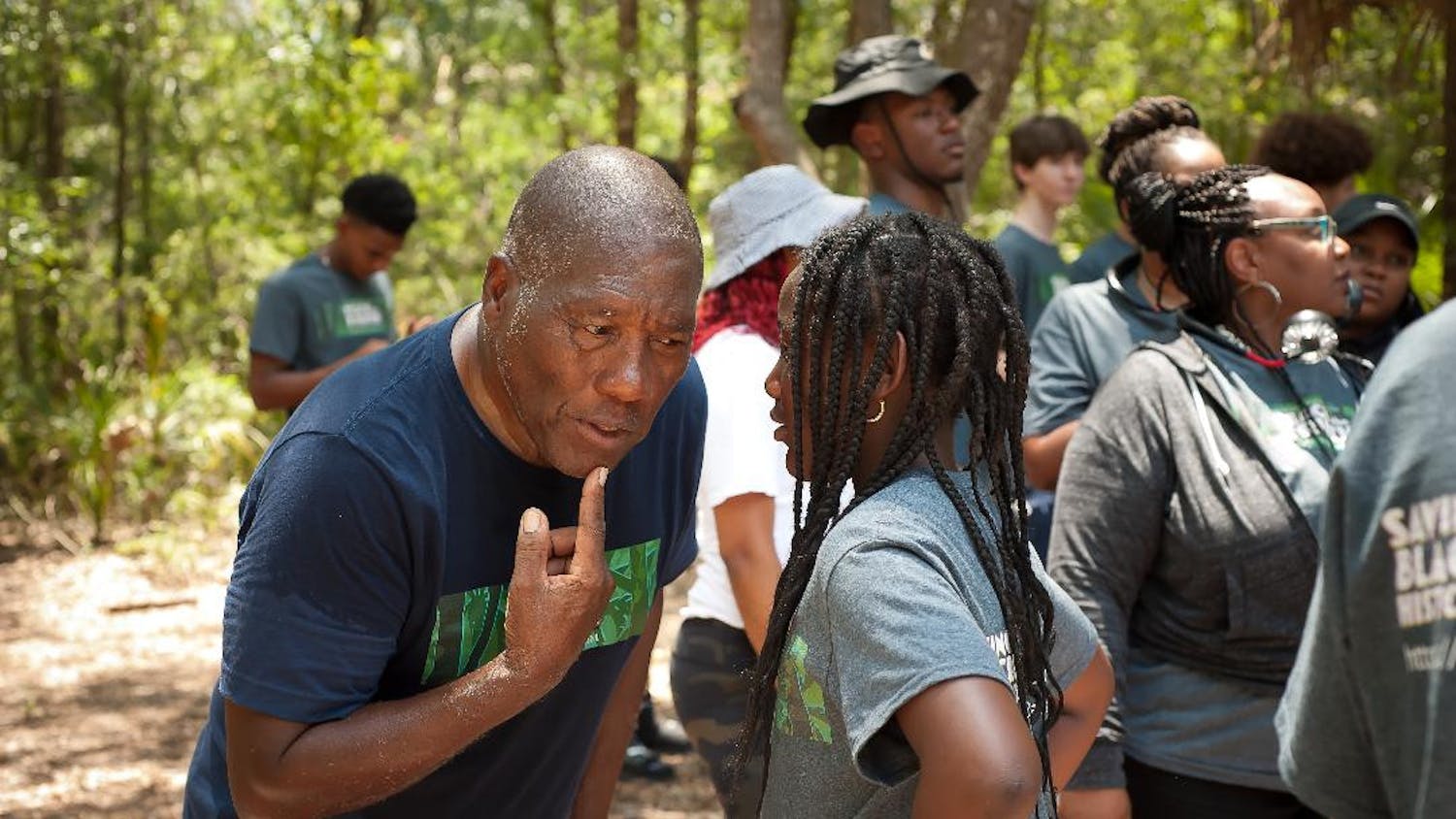Sitting behind his anchor desk on Monday night, Stephen Colbert offered the nation a firm and righteous apology.
He was diffusing a situation that began last week with a tweet. In case you haven’t heard or read the news for the past six months, there have been repeated and increasingly vehement calls for Washington Redskins owner Dan Snyder to change his team’s name to something that isn’t a word that would be tossed around on the Trail of Tears.
In what was either an incredibly clumsy or totally un-self-aware move, Dan Snyder started the Washington Redskins Original Americans Foundation. Colbert, while in character as the clueless pundit, satirized the foundation with his own Ching-Chong Ding-Dong Foundation for Sensitivity to Orientals or Whatever.
What was clearly a mockery of Snyder’s publicity stunt was taken to Twitter. Someone from the Twitter account run by Comedy Central, not Colbert himself, tweeted “I am willing to show #Asian community I care by introducing the Ching-Chong Ding-Dong Foundation for Sensitivity to Orientals or Whatever.” But 140 characters doesn’t leave much room for context, and soon Twitter’s outrage machine was hungry for Colbert blood.
The tweet was seen by prominent Asian-American hashtag activist Suey Park, who has started hashtags before to cultivate discussion on the social network such as #NotYourAsianSidekick. This time, though, the hashtag campaign was aimed squarely at cancelling the Colbert Report, presumed because the hashtag was #CancelColbert.
#CancelColbert gained a lot of publicity, but it also generated a lot of outrage in the opposite direction, with many fans of the show up in arms over the threat to their beloved Report.
The ensuing outrage firestorm caught the attention of the broader news media, generating scores of articles debating things like white privilege and the nature of satire. Two Korean-American writers from Deadspin wrote the eloquently titled “Gooks Don’t Get Redskins Joke.” The issue was, to say the least, very hairy.
The problem with this whole fiasco is that it was the answer to Snyder’s prayers. Any discussion of his team and his foundation, the original inspiration for the offending tweet, was left out of the conversation.
During the height of the madness, a New Yorker piece gave #CancelColbert’s mastermind an opportunity to elaborate on it beyond the confines of Twitter. Park explained that she was fighting satire with satire, saying her ultimate goal was to point out the hypocrisy of white liberals who accept more nuanced forms of racism from people they share some political beliefs with.
Maybe she’s sincere, or maybe she’s retroactively changing the conversation. In the wake of Colbert’s apology, the whole thing has lost its volatility. The problem with Snyder and his Redskins isn’t going anywhere, but neither is the movement to change the name.
The whole deal can serve as a kind of teaching moment.
Assuming racial humor is acceptable because worse forms of racism exist is a misconception, something that gets overlooked by people all too often. Look no further than the “Happy Fortune Buffet” fliers that were posted around campus just before Spring Break. Well-meaning satire, which can be used to fight against injustice and hypocrisy, can backfire horribly. Even people who write and present jokes for a living can make mistakes, so aspiring and amateur jokesters should keep in mind the unintended effects of what they might say.
Especially on Twitter.
[Alec Carver is a UF journalism freshman. His columns appear on Fridays. A version of this column ran on page 7 on 4/4/2014 under the headline "Colbert racism mishap shows satire is lost on Twitter"]





